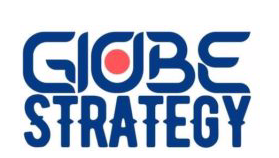|
To most of us, globalization—as a political, economic, social, and technological force—appears all but unstoppable. The ever-faster flow of information across the globe has made people aware of the tastes, preferences, and lifestyles of citizens in other countries. Through this information flow, we are all becoming—at varying speeds and at least in economic terms—global citizens. This convergence is controversial, even offensive, to some who consider globalization a threat to their identity and way oflife. It is not surprising, therefore, that globalization has evoked counter forces aimed at preserving differences and deepening a sense of local identity. Yet, at the same time, we increasingly take advantage of what a global economy has to offer—we drive BMWs and Toyotas, work with an Apple or IBM notebook, communicate with a Nokia phone or BlackBerry, wear Zara clothes or Nike sneakers, drink Coca-Cola, eat McDonald’s hamburgers, entertain the kids with a Sony PlayStation, and travel with designer luggage. This is equally true for the buying habits of businesses. The market boundaries for IBM global services, Hewlett-Packard computers, General Electric (GE) aircraft engines, or PricewaterhouseCoopers consulting are no longer defined in political or geographic terms. Rather, it is the intrinsic value of the products and services that defines their appeal. Like it or not, we are living in a global economy. Source |
Fundamentals of Global Strategy
Cornelis de Kluyver, University of Orego.
to read the full book, scan the QR code
